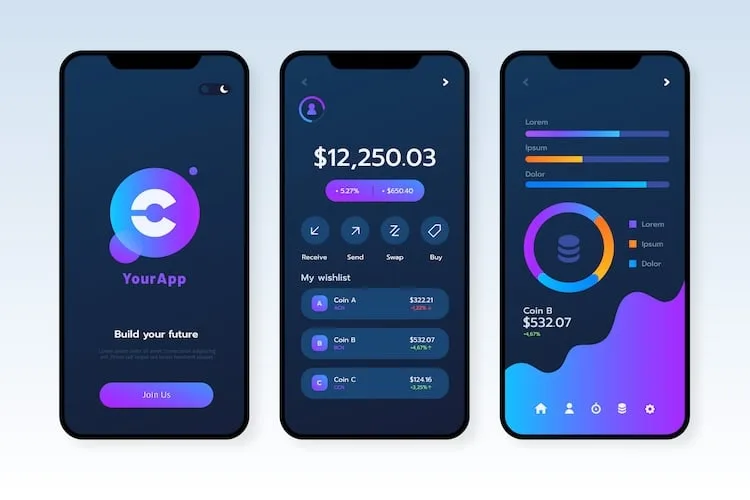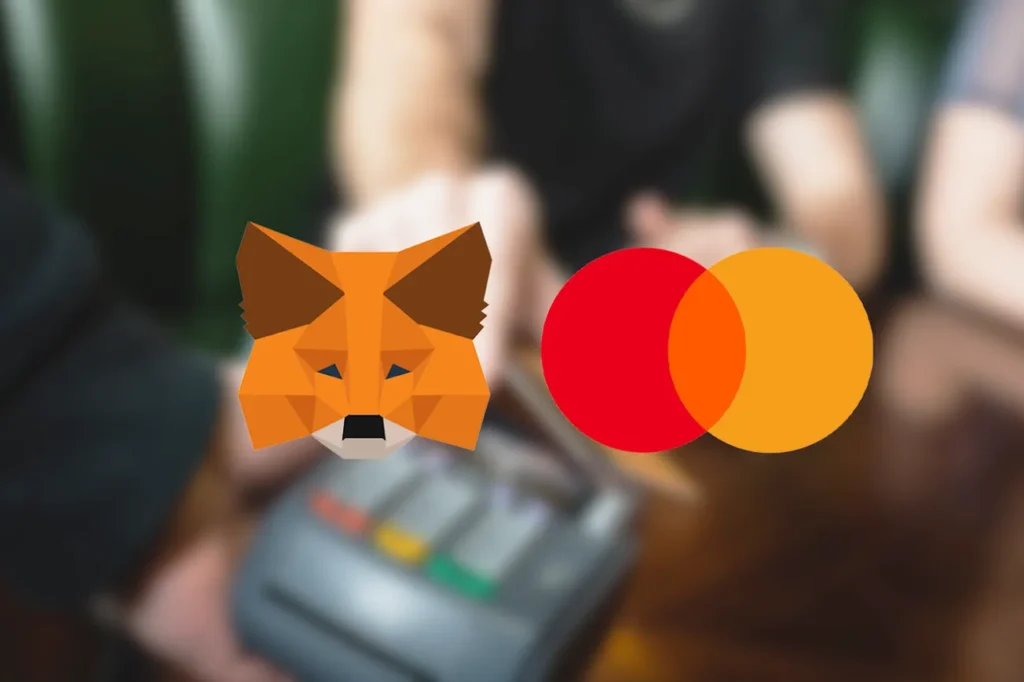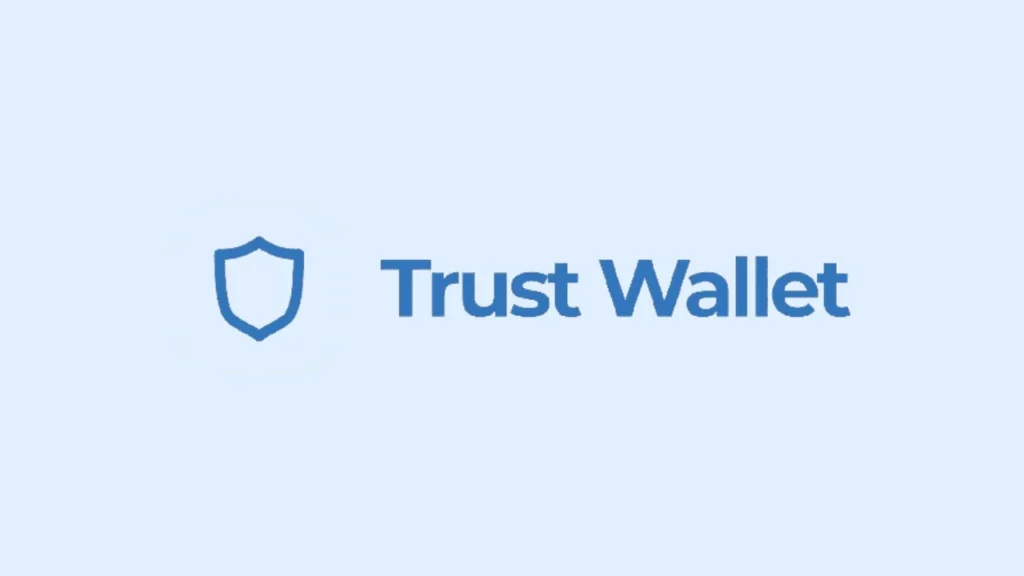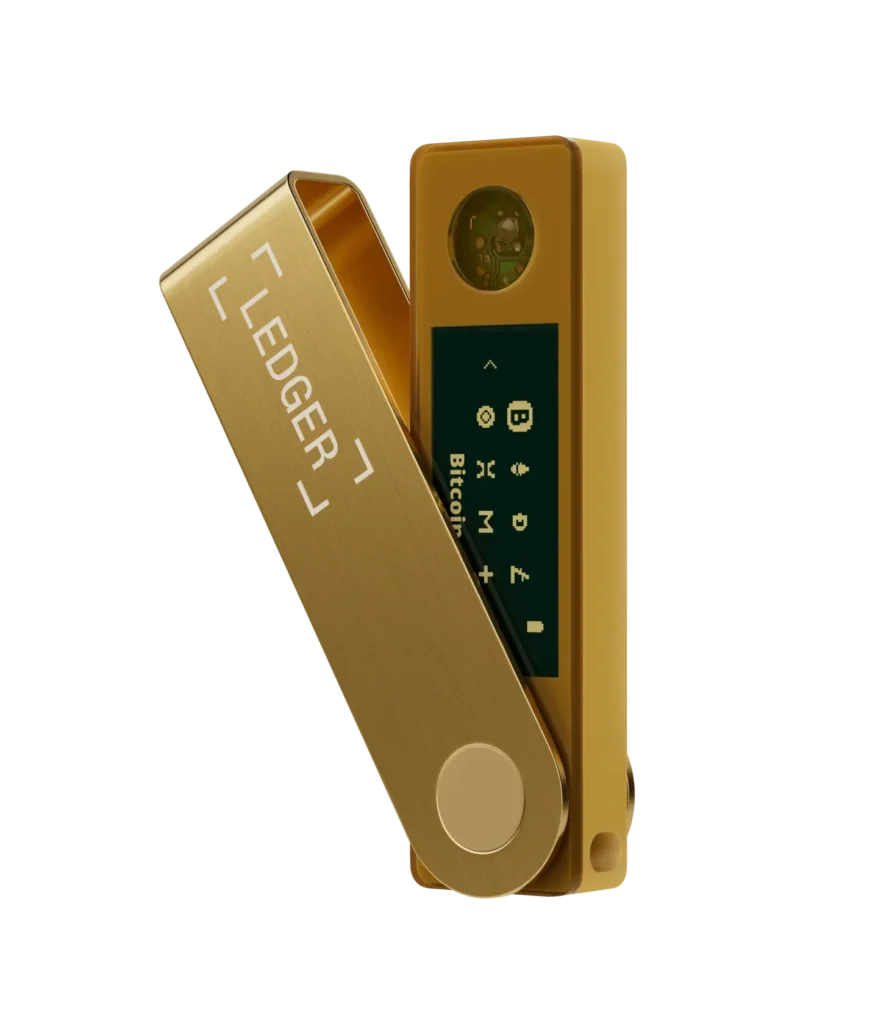How to Choose a Crypto Wallet in Thailand (2025 Guide for BTC & USDT Users)
Tutorial Article: How to Choose the Right Crypto Wallet in Thailand (2025)
If you’ve started exploring crypto in Thailand—whether from Bangkok, Chiang Mai, or a beach town in the south—you’ve probably realized just how many wallets are out there. Some are super sleek. Some are ultra-secure. Others promise full integration with exchanges or support for hundreds of coins. But when it comes to managing your crypto safely and conveniently in Thailand, which wallet should you actually use?
This guide walks you through the decision-making process, showing you how to match the right wallet with your needs—whether you’re investing in Bitcoin, trading USDT, or just starting out.

Step 1: Best Crypto Wallet Thailand——Understand What You Need from a Wallet
Before diving into wallet names, start by understanding your crypto habits. Are you someone who:
- Buys and holds BTC long-term?
- Makes frequent trades?
- Needs Thai baht integration for local banking?
- Uses DeFi apps or NFTs?
- Worries about security or privacy?
Your answers to these questions will shape your ideal wallet setup. For example, a hardware wallet might suit someone holding large amounts of BTC, while a mobile wallet may be better for casual trades or crypto payments.

Credit from : Topflight
Step 2: Best Crypto Wallet Thailand——Explore the Popular Wallets Thai Users Trust in 2025
Bitkub NEXT: Best for Everyday Thai Users
If you want something simple, local, and connected to your Thai bank account, Bitkub NEXT is a natural choice. It’s developed by Thailand’s largest crypto exchange and supports Thai-language users, baht deposits, and quick transfers. For people who just want to manage BTC or USDT without worrying about advanced settings, this wallet offers a comfortable starting point.

MetaMask: Best for Web3 and Multichain Users
If you’re exploring DeFi platforms or managing assets across Ethereum, BNB Chain, or other blockchains, MetaMask still holds strong. It’s a browser-based and mobile wallet that gives you access to countless dApps and NFT markets. The catch? It doesn’t support Bitcoin by default—so BTC holders may need an additional wallet.

Trust Wallet: A Versatile All-Rounder
Owned by Binance but designed for independent use, Trust Wallet combines broad asset support with ease of use. Thai users like it because it works well on mobile and supports both BTC and USDT on multiple chains. It also gives access to DEXs and staking without being too technical, making it ideal for users who want flexibility without complexity.

Credit from : Crypto Win Rate
Ledger Nano X: For Long-Term Cold Storage
If you’re serious about security, Ledger Nano X is a physical hardware wallet that keeps your private keys offline. It’s not as convenient for everyday transactions, but for long-term investors—especially those holding significant BTC—it’s the top choice. It works with multiple chains and supports USDT too. Just be ready to invest both money and time in setup.

Binance App Wallet: Convenient for Cross-Border Traders
Many users in Thailand still use Binance’s built-in wallet for quick trades, especially if they travel often or deal with international crypto transfers. It’s not as secure as a cold wallet or as localized as Bitkub, but its tight integration with Binance Pay and wide coin support makes it practical. Just remember—if regulations shift again in Thailand, you may need a backup plan.
Step 3: Match Your Wallet to Your Lifestyle
Here’s a simple way to think about it:
- Want ease and Thai support? Bitkub NEXT is built for you.
- Want to experiment with NFTs, DeFi, or multichain swaps? MetaMask or Trust Wallet is a better fit.
- Holding for the long haul? Invest in a Ledger Nano X.
- Prefer one app for everything, especially if you travel or freelance? Binance’s app wallet is the most integrated.
Step 4: Stay Safe—Where You Store Your Keys Matters
Even the best wallet can’t protect you if your seed phrase is exposed. Never store recovery phrases in plain text or in your email. Use a physical backup, consider password managers with zero-knowledge encryption, and avoid clicking on suspicious links—even inside wallet apps.
Final Thoughts: The “Best” Wallet Depends on You
There’s no single crypto wallet that fits every Thai user in 2025. What matters is how well the wallet matches your habits, your coin types, and your risk tolerance. Whether you pick one wallet or combine two (like Trust Wallet + Ledger), take time to get familiar with it. Your crypto safety depends on both the tool—and how you use it.




